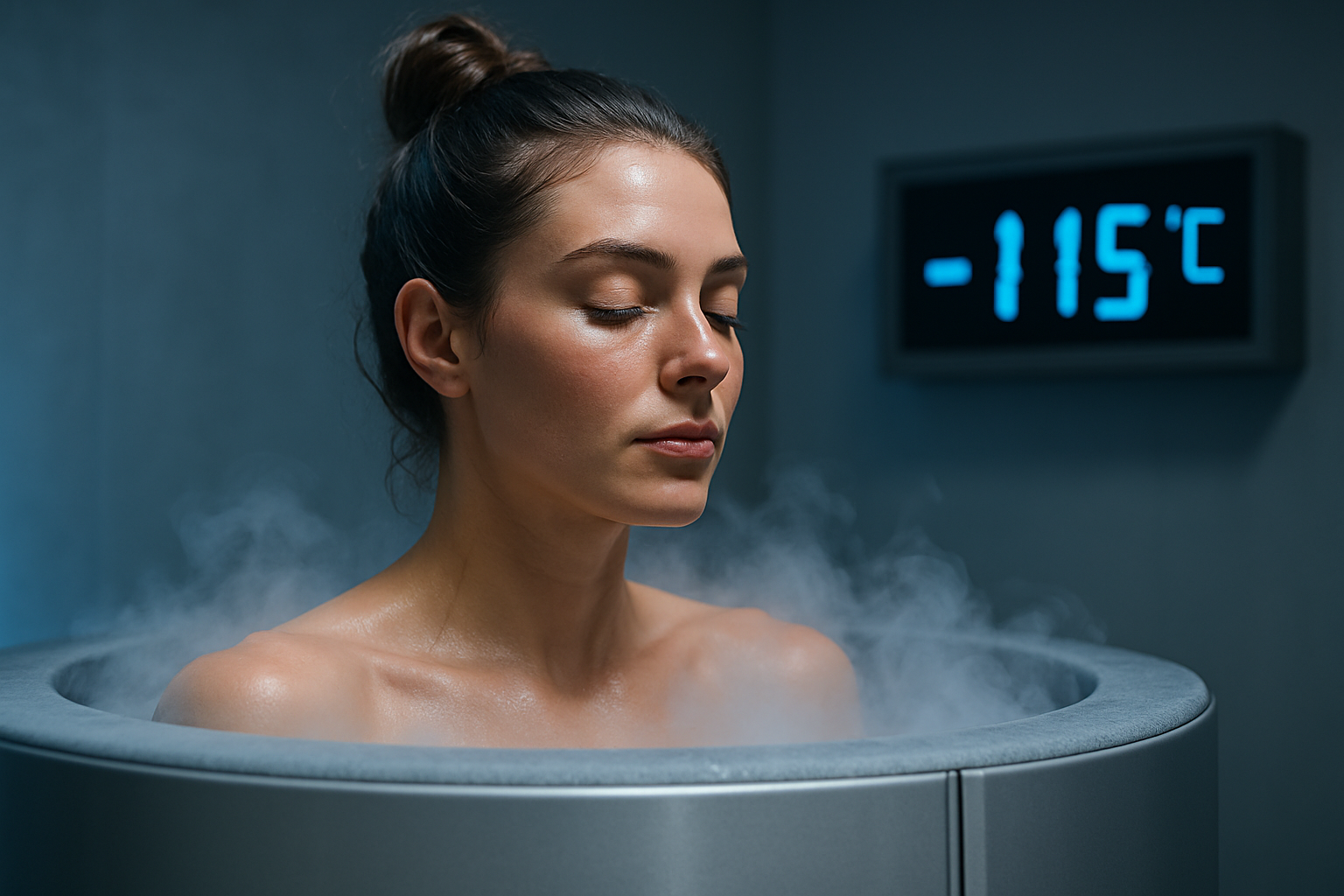Stuffy Nose Treatment: Causes and Practical Remedies
A stuffy nose is a common symptom that can interrupt sleep, make breathing feel difficult, and affect daily comfort. Whether caused by a viral infection, allergies, or environmental irritants, understanding practical treatments can speed recovery and reduce discomfort. This article explains typical causes, home remedies, over-the-counter options, and when to seek professional help to manage nasal congestion and support overall respiratory health.

This article is for informational purposes only and should not be considered medical advice. Please consult a qualified healthcare professional for personalized guidance and treatment.
What causes a blocked nose and how does it affect the nose?
A blocked nose—nasal congestion—occurs when blood vessels in the nose and the tissues lining the nasal passages swell with fluid. Common triggers include colds, flu, allergic rhinitis, irritants like smoke, and structural issues such as a deviated septum. The nose’s lining produces extra mucus in response to inflammation, which narrows airways and can lead to discomfort, reduced smell, and snoring. Identifying the underlying cause helps guide appropriate treatment, since viral causes usually resolve on their own while allergies may require targeted management.
How can you relieve congestion at home?
Home measures can reduce congestion and improve comfort. Saline nasal sprays or rinses help flush mucus and allergens from the nasal passages, and using a humidifier adds moisture to dry air that can irritate nasal tissue. Warm compresses over the sinuses and inhaling steam from a bowl of hot water can temporarily ease blockage. Staying well-hydrated thins mucus, and elevating the head while sleeping can reduce overnight congestion. These nonpharmacologic steps are low risk and often effective for mild to moderate symptoms.
How does a stuffy nose impact breathing and sleep?
Nasal obstruction forces mouth breathing, which bypasses the nose’s natural warming and filtering functions and can lead to a dry mouth and sore throat. For people with asthma or chronic respiratory conditions, increased nasal resistance can worsen daytime symptoms and raise the risk of exacerbations. At night, congestion contributes to fragmented sleep and may increase snoring or positional breathing problems. Addressing nasal blockage can therefore improve both daytime breathing comfort and sleep quality.
When should you consider medical care for nose-related health concerns?
Seek medical attention if congestion lasts more than 10 days, is accompanied by high fever, severe facial pain, swelling around the eyes, or greenish nasal discharge that worsens. Recurrent or chronic nasal obstruction, persistent loss of smell, or symptoms that don’t respond to basic measures also warrant evaluation. A clinician can assess for sinusitis, structural problems, or persistent allergic rhinitis and may recommend imaging, allergy testing, or ENT referral when appropriate. Prompt evaluation helps prevent complications and directs suitable long-term management.
What medicine options treat nasal congestion safely?
Over-the-counter options include saline rinses, topical nasal steroid sprays, and short-term oral decongestants. Nasal steroid sprays reduce inflammation in allergic rhinitis and can be used daily for several weeks under guidance; they are generally safe when used as directed. Oral decongestants and topical nasal decongestant sprays provide fast relief but should be used cautiously: oral decongestants may raise blood pressure and are not suitable for everyone, while topical sprays can cause rebound congestion if used more than 3–5 days. Antihistamines help when allergies are the primary cause. Discuss choices with a healthcare provider, especially if you have chronic conditions or take other medications.
Conclusion
Managing a stuffy nose combines symptom relief, addressing underlying causes, and knowing when to seek professional care. Simple home remedies and saline irrigation often provide meaningful improvement, while targeted medicines and medical evaluation help when symptoms are persistent or severe. Careful use of medications, attention to triggers, and timely consultation with a clinician can restore clearer breathing and support overall respiratory health.






